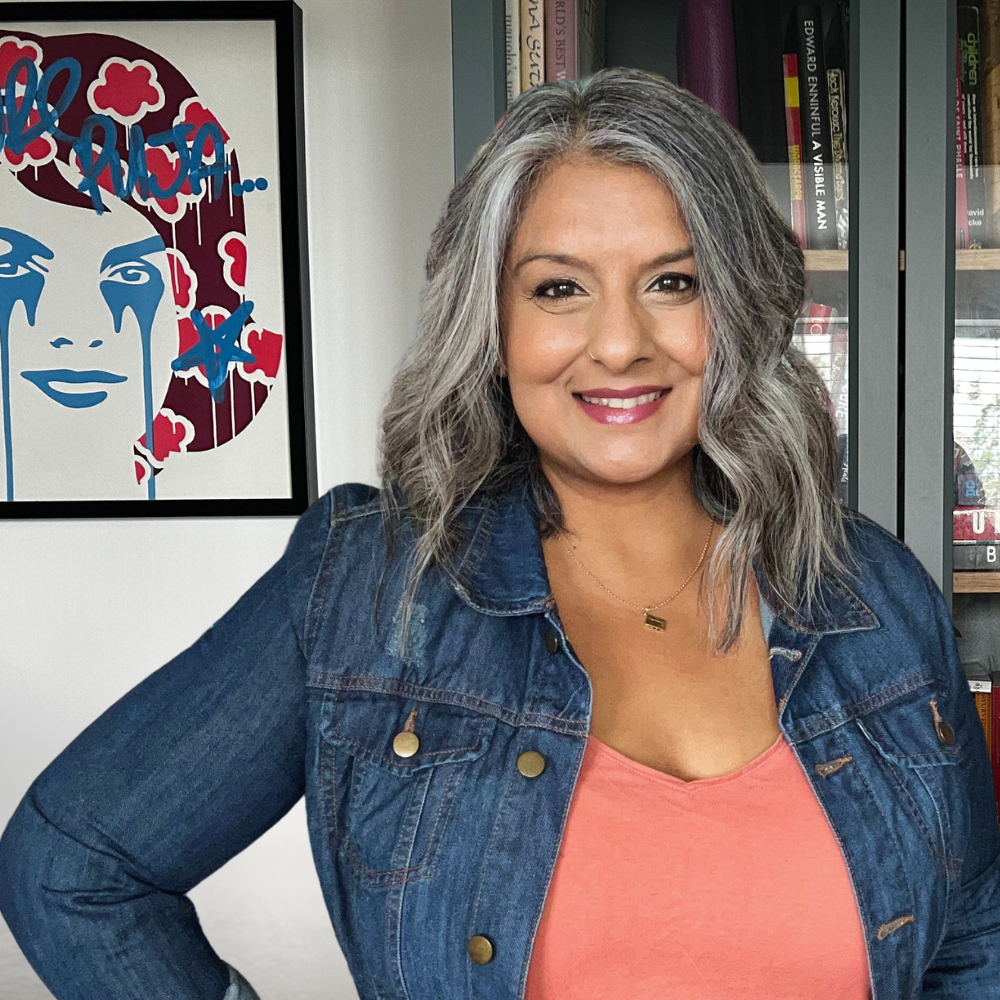
Gaining perspective of your reality
When we embark on a task, sometimes we can magnify how much effort it will be and this is when gaining perspective of your reality comes in handy. Do you ever wonder why every time you do the same thing, you get the same result even if you’re looking for a different result? Do you also find that sometimes you can build an image into your mind of embarking on a task and it seems so big that you just give up in the thought process?
“Change the way you look at things and the things you look at change.” – Wayne W. Dyer
How gaining perspective of your reality makes you more productive
Personal example
When it comes to the housework, I often find the tasks bigger than they actually are. For instance, I know there are three loads of washing to do, I don’t want to do any of them but I need to. So I decide that all three loads need to be done on the same day. However, I only have one washing line and all the loads won’t fit. But instead of thinking rationally and in reality, I decide it’s all too much and don’t do any of the loads. This then results in the washing piling up. However, when I plan to do all three loads over three different days, it’s a lot easier.
What I’m getting at here is that my perception of the washing is magnified but the reality is that the clothes need to be washed, just not all on the same day. This is why gaining perception of your reality is something we need to apply to everyday situations as well as bigger stuff. With careful planning, I can get all loads complete in the same week and my life is in order again.
We often make ‘mountains out of molehills’ without taking a minute to really consider what the reality of the situation is. This stagnates us and doesn’t move us forward.
Coaching tips for gaining perspective of your reality
- What’s the worst that could happen?
- Go with your gut
- Manage your assumptions
- Beware of overwhelm
- Talk to yourself
1. What’s the worst that could happen? – Recognising the facts
Once you know what the worst is, you can then decide if you want or need to do it. You might need to park the idea for a while until you’re more ready. In the case of my washing, if I only have one day in that week that I can do the washing, I’ll only do the one most important load. By making a conscious decision helps me to not stress about the rest unnecessarily.
2. Go with your gut – Build your self awareness
We’ve all heard this but it’s useful to learn to trust your intuition. You’re usually right. Let’s use dating as an example. It’s your thirs date with someone new in a month. You’ve spent the time leading up to the date hoping they are ‘normal.’ The date happens and instead of focussing on the person, all you can see it what is ‘abnormal’ about them.
However, gaining perspective of your reality in this situation is based on your mindset towards the date. Unconsciously you had already decided that the date wouldn’t go well therefore it didn’t. Being present on the date with little to no expectations allows the space to help you learn about the other person.
3. Manage your assumptions – Pay attention to the facts
It is common for us to star and direct the screenplays of our lives. We often decide how a situation is going to go based on fear-inducing thoughts. Sometimes these thoughts are based on previous references of failure.
When you want a promotion at work, you can work yourself up into quite a frenzy about the pitch to your boss. Before your meeting, you’ve already decided why you deserve the promotion and that your boss is going say “no.” Rationalising reasons as to why they would say no is a self-fulfilling prophecy. Focussing on your strengths is the key to gaining perspective of your reality here because you don’t know what they will say. There may be many reasons that you don’t get the promotion. Budget constraints could be one, this does not mean that your performance is low. Know the facts and believe in yourself before making any assumptions.
4. Beware of overwhelm – Approach with kindness
When you start something new, you probably have a list of pretty grand ideas to make it happen. I say grand because you can’t do it all at once. When we try to do things all at once, we often fail in the task because overwhelm sets in and it all becomes too difficult. Say you’re wanting to start a new exercise regime. You decide that you need to exercise 5 days a week. It’s easy to write on paper that you’ll go from no exercise to 5 times a week without any issue. However, when a day in your week goes awry and hinders you from progress, you feel as though you have failed. In order to succeed, break down the task to something very small like 10 minutes of extra walking each day for a week. This makes it easier for you to achieve your long term goal of 5 times a week.
5. Talk to yourself – Judge the situation
When you want to do something, after you’ve had the great idea, feel good about it and you’re ready to go, talk to yourself first. Do a little role play of the situation and how it may unfold. Anticipate some of the responses you may get whether that be from you, life or the other person. Consider what you’ll say/do in response and decide what you’ll do if things don’t go the way you would like. By planning like this, you prepare for the worst, prepare for the best and everything in between. You can then more confidently deal with the situation whatever the outcome. Remember not to assume the outcome (perception). Preparation is different to assumption (reality).

Hi, I’m Puja! I’m all about helping driven, purpose-led people create success that actually feels good—without losing themselves along the way.
I mix deep coaching with practical strategies and a soulful perspective to help you thrive in your work, life, and well-being.
This is where I share stories, ideas, and inspiration to spark bold thinking and a more meaningful way of living.
Discover more: SIMPLY WELLBEING SUBSTACK
Registered address: 3rd Floor, 86-90 Paul Street, London, EC2A 4NE
© 2025 Frankly Coaching Ltd.